Mohammed Maktari Leads NIO’s Electric Vehicle Expansion in the Middle East
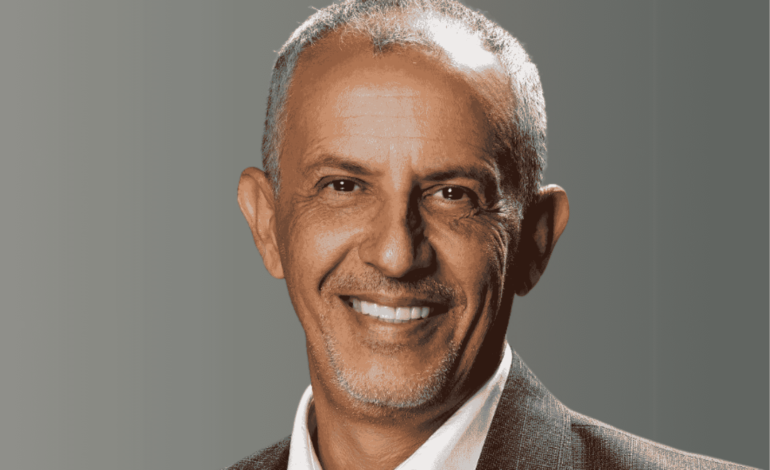
A soft hum echoes through the elegant interior of NIO House Abu Dhabi, nestled inside The Galleria on Al Maryah Island. Far removed from the engine growls of traditional showrooms, this space pulses with calm assurance and futuristic ambition. At its heart sits Mohammed Maktari, newly appointed CEO of NIO MENA, the regional arm of Chinese electric vehicle giant NIO. His presence, much like the vehicles surrounding him, is quiet yet compelling—an embodiment of transformation rooted in decades of experience.
With a career spanning over 35 years across the shifting sands of the global automotive industry, Maktari has witnessed and led through luxury booms, technological upheavals, and shifting consumer behaviors. Now, in what could be his most transformative role yet, he is steering one of the world’s most innovative EV brands into the heart of a region ready for radical change. The opening of NIO House Abu Dhabi isn’t just another car showroom—it marks the start of an electric revolution in the Middle East and North Africa (MENA), led by a man deeply attuned to the nuances of this complex, rapidly evolving market.
NIO’s Philosophy: More Than Just an EV Company
To understand the significance of NIO’s arrival in the MENA region, it’s important to recognize what the brand represents globally. Founded in 2014, NIO quickly distinguished itself in the competitive Chinese EV market through its holistic approach to vehicle ownership. Rather than selling cars alone, NIO builds ecosystems: interconnected services, digital platforms, lifestyle experiences, and cutting-edge technologies like battery-swapping.
With its brand built around the concept of “Blue Sky Coming,” NIO promises more than zero emissions—it offers a reimagined relationship with mobility. Its vehicles are designed not only to meet transportation needs but to emotionally connect with users through intelligent systems and tailored interactions. Each NIO House around the world is a reflection of this vision, functioning as a hub for community, innovation, and sustainability.
By establishing a NIO House in Abu Dhabi as its entry point into the MENA market, the company signals that it is here not just to compete, but to redefine what premium electric mobility means in the region.
The Rise of Mohammed Maktari
Mohammed Maktari’s appointment as CEO of NIO MENA is more than strategic—it’s symbolic. A well-respected figure in the regional automotive industry, Maktari’s career includes leadership roles with major luxury car brands. He understands the pulse of the local consumer, the intricacies of regional regulations, and the delicate balance between tradition and innovation that defines Gulf markets.
His leadership style reflects a blend of experience and vision. At NIO, he finds himself at the helm of a tech-driven disruptor entering a market that has, until recently, been defined by combustion engines and heritage brands. For Maktari, this isn’t a leap into the unknown, but a logical next step in an automotive journey that has always been forward-looking.
During a recent media tour of the Abu Dhabi NIO House, Maktari spoke of his goals with calm clarity: to build trust, to educate the market on NIO’s distinct offerings, and to work with partners to create a sustainable and scalable EV ecosystem. His approach is deeply rooted in community building and user-first design, values that align perfectly with NIO’s ethos.
NIO House Abu Dhabi: A Community-Centric Flagship
The Abu Dhabi NIO House covers 970 square meters, featuring lounge spaces, private meeting rooms, children’s play areas, and a café that offers specialty drinks inspired by regional flavors. From a “Golden Saffron Latte” to the “Saffron Rose Refresher,” the beverages are as thoughtfully crafted as the vehicles themselves.
But this space is not just about aesthetics. It serves as a live portal into NIO’s world: a physical manifestation of the brand’s belief in lifestyle-led mobility. Customers can explore vehicles like the EL8, interact with digital displays, and attend events that discuss topics ranging from sustainability to tech innovation.
This location sets a precedent for how NIO plans to engage MENA consumers—not through traditional dealership sales pitches, but through immersive, educational, and relationship-driven environments. The company is positioning itself as a long-term partner in the region’s economic and environmental transformation.
Strategic Alignment with Abu Dhabi’s Economic Vision
Abu Dhabi’s Economic Vision 2030 outlines clear priorities: diversification, innovation, and sustainability. NIO’s arrival fits seamlessly within this roadmap, offering not just clean mobility options, but also contributing to the broader smart city ecosystem that the emirate is cultivating.
Abu Dhabi’s leadership has made major investments in renewable energy, clean transport, and green infrastructure. NIO’s battery-swapping technology, over-the-air updates, and intelligent driving systems can easily integrate with the emirate’s smart grid initiatives. This creates enormous potential for synergy between public and private sectors, particularly in urban planning, mobility-as-a-service, and data integration.
Maktari has already hinted at deeper partnerships with local stakeholders, including utility companies and urban planners, to create EV-friendly zones, accelerate infrastructure rollout, and potentially pilot mobility projects beyond private car ownership.
NIO’s Global Strategy Comes to MENA
NIO’s expansion into Europe over the past three years served as a test bed for scaling outside China. The company gained valuable insights into consumer preferences, compliance hurdles, and brand localization strategies. Those lessons are now being tailored for the MENA region, where consumer expectations differ significantly, and infrastructure development remains in its early stages.
In markets like the UAE and Saudi Arabia, where luxury vehicles dominate and tech adoption is high, NIO’s premium positioning is a natural fit. However, infrastructure gaps remain a challenge, particularly around fast-charging networks and public awareness of battery-swapping.
That said, Maktari is optimistic. “This is not just about selling EVs. It’s about reshaping lifestyles and perceptions,” he said during an industry roundtable. “We’re here to co-create the future of mobility with our users, not just push products into the market.”
The EV Landscape in the Gulf: Ripe for Disruption
Electric vehicle adoption in the MENA region is gaining momentum, driven by government incentives, rising fuel prices, and environmental concerns. The UAE, in particular, has introduced policies aimed at reducing carbon emissions, including subsidies on EV purchases, toll exemptions, and infrastructure investment.
In Saudi Arabia, the Public Investment Fund has backed multiple EV ventures, signaling serious intent to shift away from oil dependence. Cities like Riyadh and Neom are being designed with electric mobility in mind. The Gulf’s relatively small geography and high urbanization levels make it an ideal test ground for new EV technologies, including NIO’s battery-swapping model.
However, education remains a barrier. Many consumers are unfamiliar with EV maintenance, range expectations, and the real cost of ownership. NIO’s strategy of creating welcoming, informative spaces like NIO House may play a crucial role in easing these concerns and encouraging adoption.
Next Steps: What’s Ahead for NIO MENA
While the Abu Dhabi NIO House is the beginning, it won’t be the end. NIO plans to expand further across the Gulf with additional Houses in Dubai, Riyadh, and potentially Doha in the next two years. Simultaneously, it is working on establishing a network of Power Swap Stations—automated hubs where NIO owners can exchange depleted batteries for fully charged ones in under five minutes.
The EL8 SUV is expected to be the first model available to customers, with more vehicles to follow, including potential rollouts of smaller city-friendly EVs and flagship sedans.
Maktari also envisions collaboration with universities and startups in the region. “We want to nurture local talent and build an innovation pipeline within MENA,” he noted. “It’s not just about us growing—it’s about contributing to a knowledge economy.”
With COP28 having recently taken place in the UAE, the spotlight is on sustainable development and climate commitments. NIO’s presence adds real momentum to those discussions, grounding policy ambitions in tangible action.


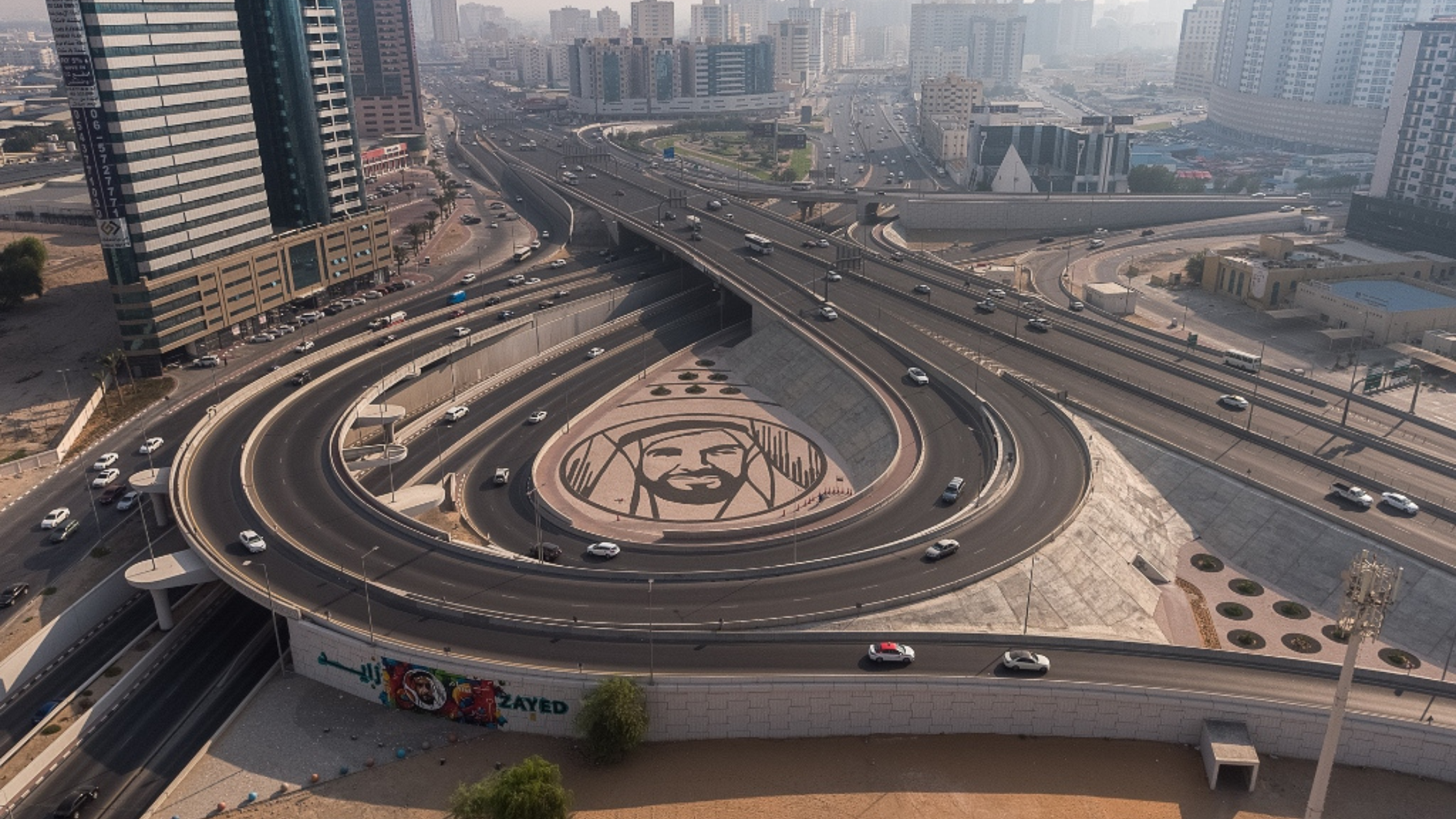
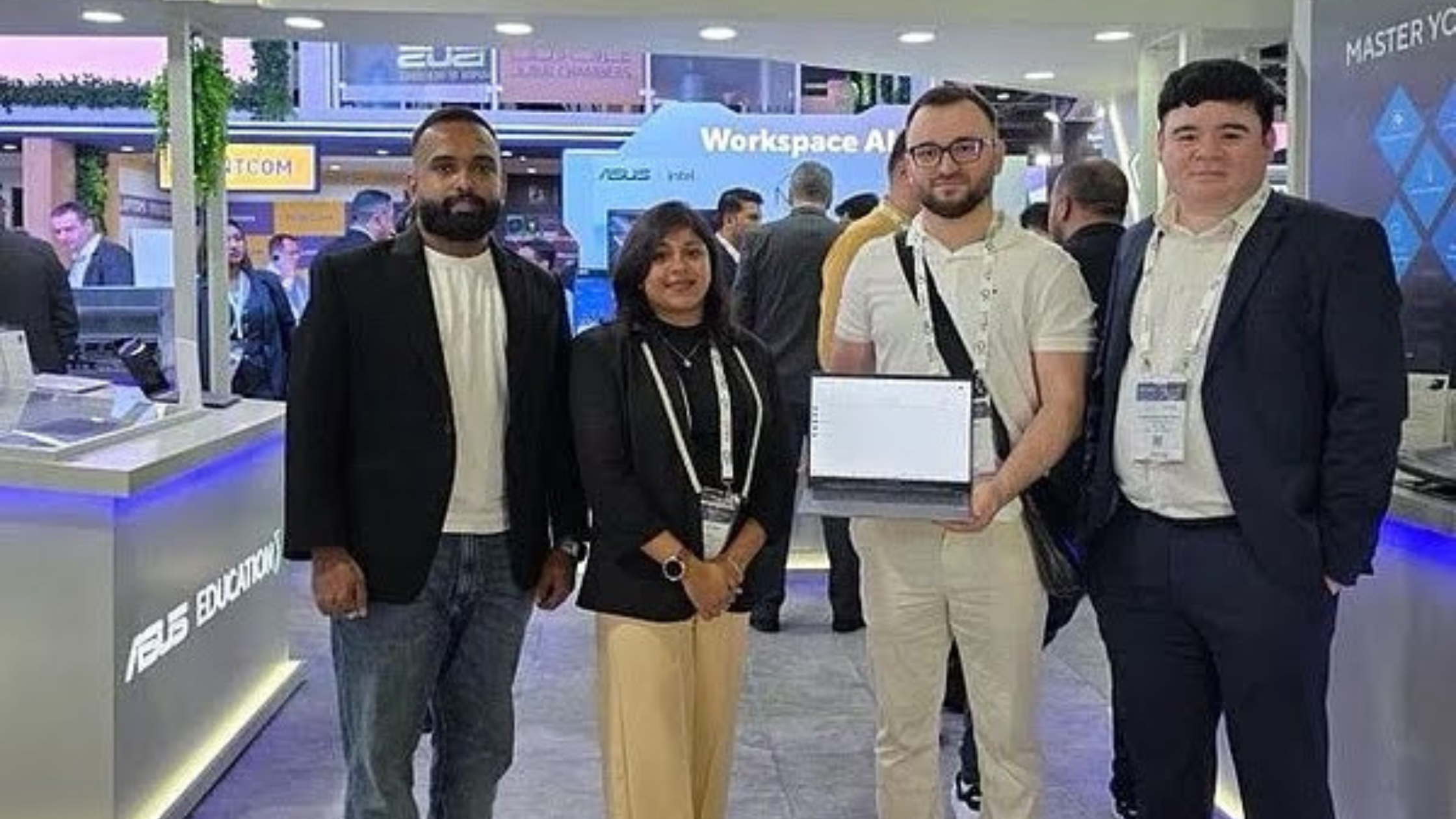
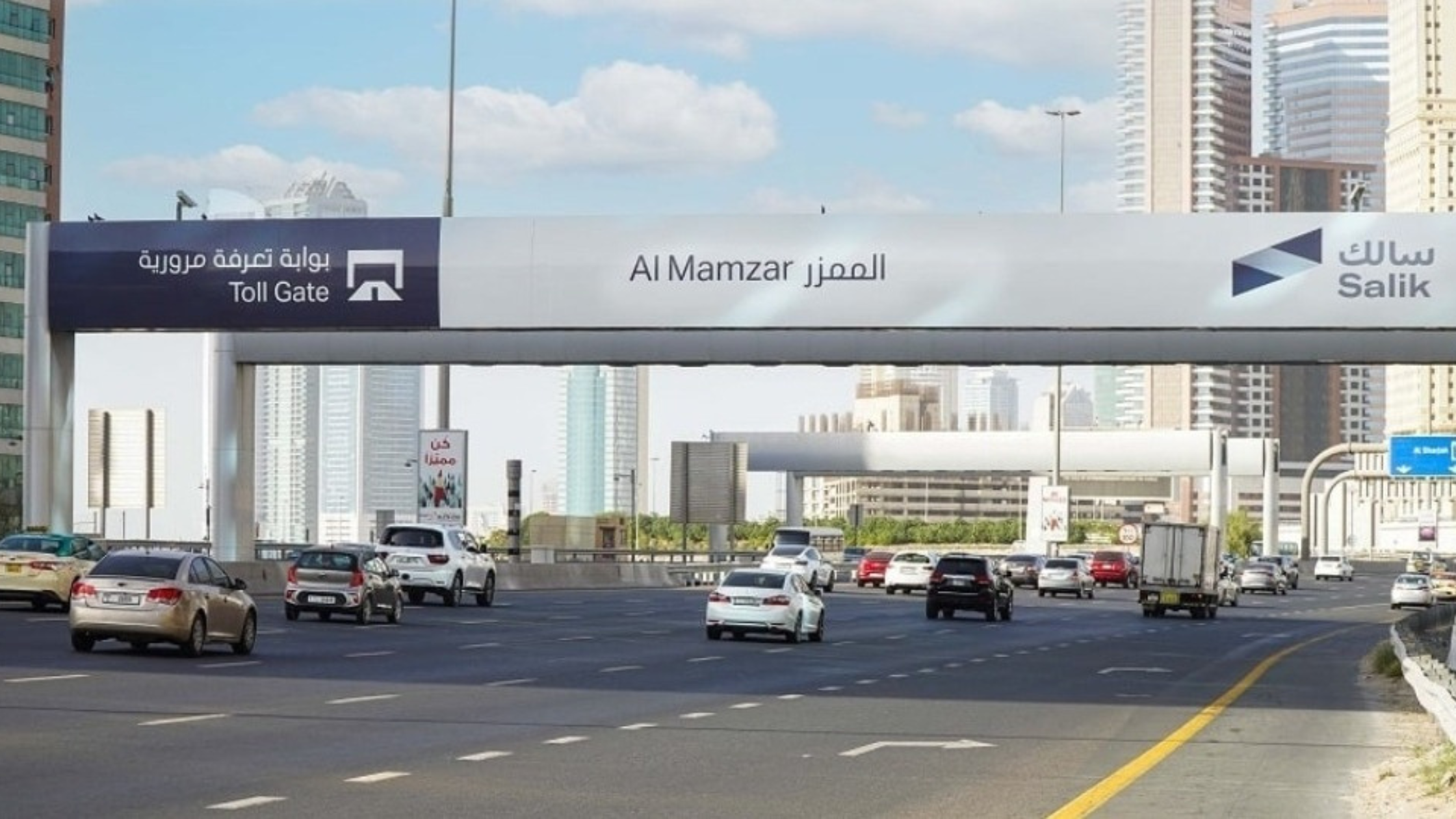


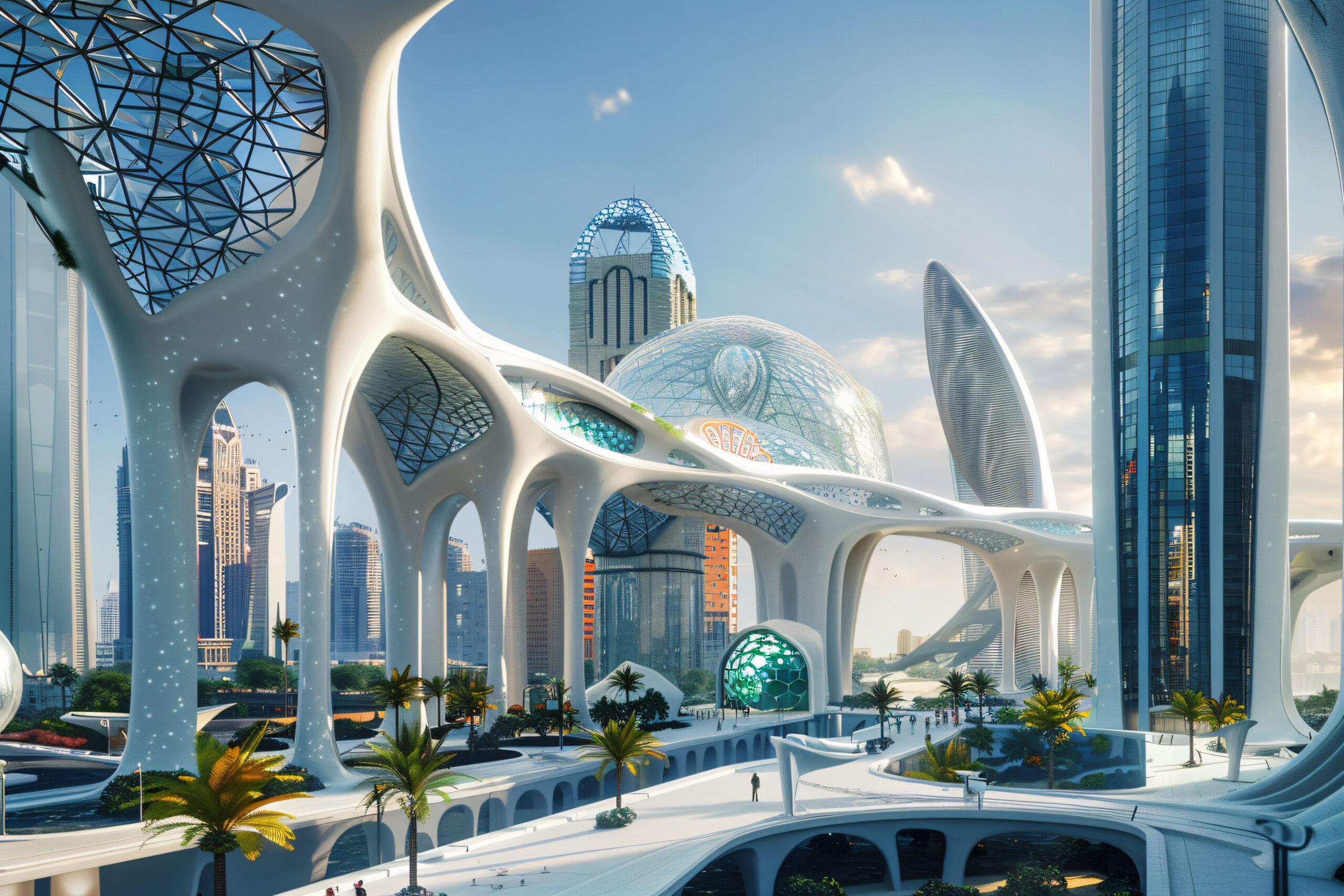
1 Comment
[…] a name synonymous with trust and quality in Indian real estate, has officially stepped into the Middle East with a highly anticipated launch in the United Arab Emirates. The company is preparing to unveil […]
Comments are closed.